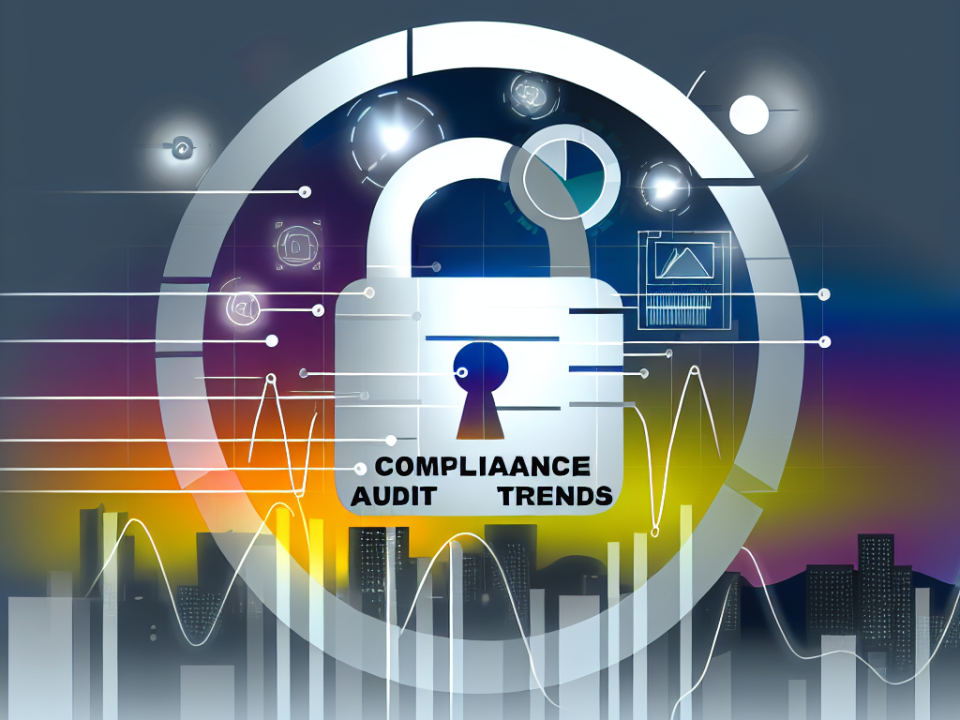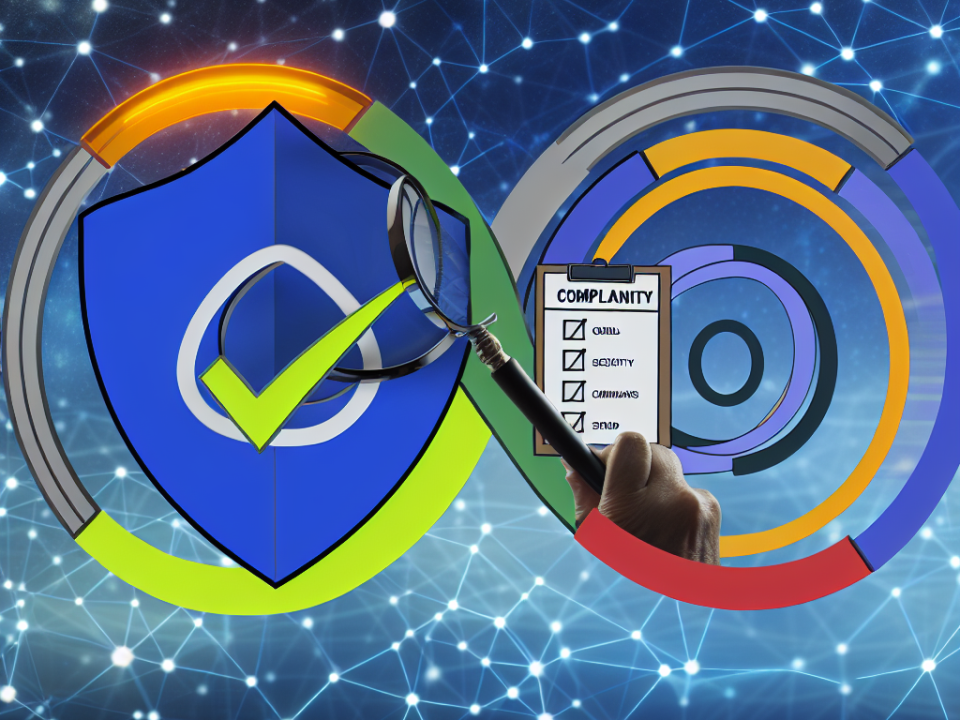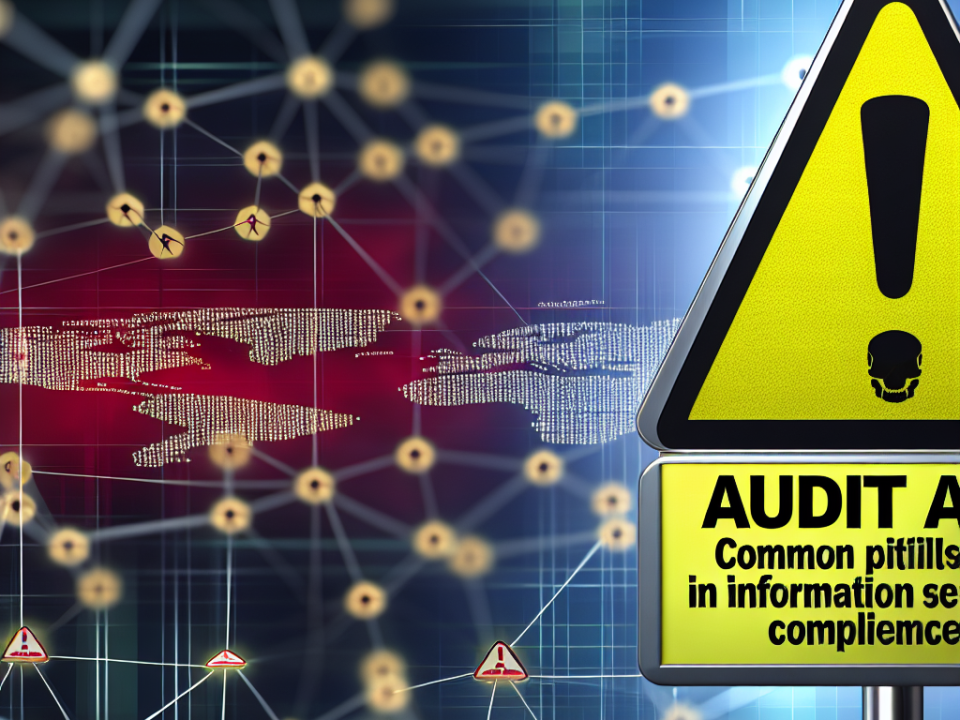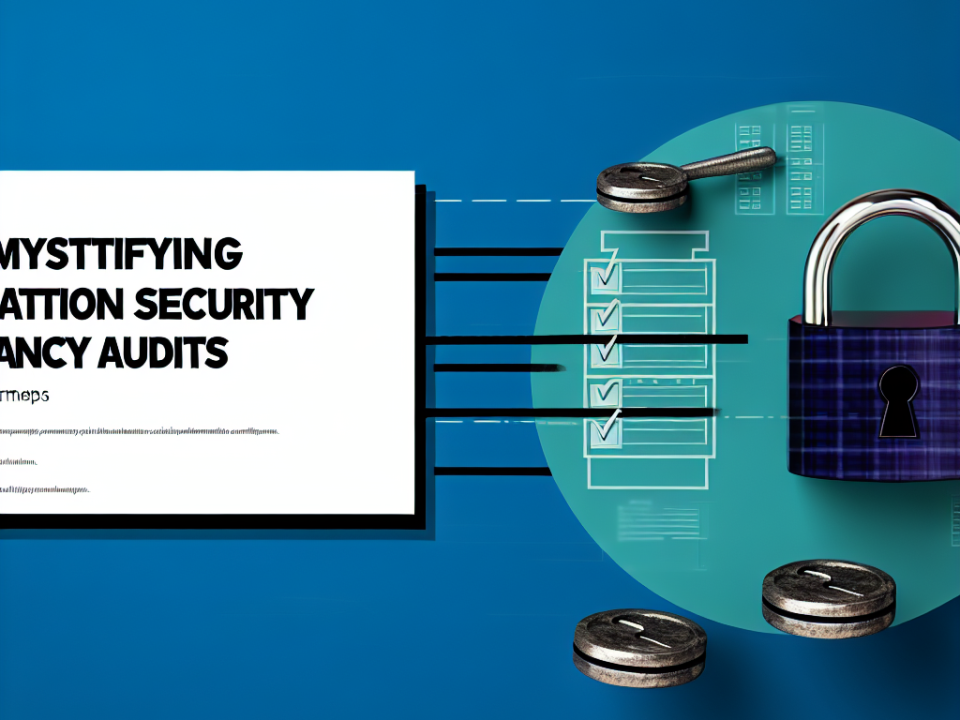
From Quantum Encryption to Zero Trust: Cybersecurity Innovations Shaping 2025
October 13, 2025
Cybersecurity Workforce 2025: Bridging the Skills Gap in an Evolving Landscape
October 14, 2025
In an era defined by rapid technological advancement and an increasingly complex threat landscape, securing the future of your business requires more than just innovative products and services; it demands a commitment to industry standards that safeguard your operations and build trust with your clients. Implementing essential industry standards not only protects your organization from risks but also enhances its credibility and operational efficiency. Below are some key standards that every business should consider adopting.
1. ISO 27001: Information Security Management
ISO 27001 is an internationally recognized standard for information security management systems (ISMS). It provides a systematic approach to managing sensitive company information, ensuring its confidentiality, integrity, and availability. Implementing ISO 27001 allows businesses to identify potential risks, implement appropriate security controls, and ensure compliance with legal and regulatory requirements. By adhering to this standard, organizations can foster a culture of security, which is critical in today’s digital landscape.
2. NIST Cybersecurity Framework
The National Institute of Standards and Technology (NIST) Cybersecurity Framework is a voluntary framework that organizations can use to manage cybersecurity risks. It provides a set of guidelines based on industry standards and best practices to help businesses improve their cybersecurity posture. The framework includes five core functions: Identify, Protect, Detect, Respond, and Recover. Implementing this framework promotes a proactive approach to cybersecurity, making it easier for businesses to respond to evolving threats.
3. PCI DSS: Payment Card Industry Data Security Standard
Organizations that handle credit card transactions must comply with the Payment Card Industry Data Security Standard (PCI DSS). This set of requirements is designed to ensure that all companies that accept, process, store, or transmit credit card information maintain a secure environment. Compliance with PCI DSS helps mitigate the risk of data breaches, protecting both the business and its customers from financial losses and identity theft.
4. GDPR: General Data Protection Regulation
For businesses operating in or with clients in the European Union, adherence to the General Data Protection Regulation (GDPR) is mandatory. This regulation aims to protect the personal data and privacy of EU citizens. Implementing GDPR ensures that businesses are transparent about how user data is collected, processed, and protected. Furthermore, it fosters trust with customers by demonstrating a commitment to their privacy rights.
5. SOC 2: Service Organization Control
For service providers, particularly those in the technology and SaaS sectors, achieving SOC 2 compliance is crucial. This standard focuses on five trust service criteria: security, availability, processing integrity, confidentiality, and privacy. By implementing SOC 2, businesses can assure clients that their data is managed securely and responsibly. It also enhances the organization’s reputation from a business performance and risk management perspective.
6. ITIL: Information Technology Infrastructure Library
ITIL is a set of best practices for IT service management (ITSM) that focuses on aligning IT services with the needs of the business. While not a strict security standard, ITIL provides a framework for ensuring that IT services are delivered effectively and securely. By adopting ITIL, businesses can improve their operational efficiency, reduce risks, and ensure that their IT processes are designed to support their security objectives.
7. ISO 9001: Quality Management Systems
Quality management is integral to maintaining customer satisfaction and ensuring compliance with regulatory requirements. ISO 9001 establishes a framework for organizations to implement effective quality management systems. Although focused on overall quality rather than security, adhering to this standard fosters a culture of continuous improvement. By ensuring high-quality processes, businesses can mitigate risks and enhance their security strategies.
Conclusion
In a world where threats are constantly evolving, securing the future of your business necessitates a proactive approach. Implementing essential industry standards is a critical step toward establishing a robust security framework, ensuring compliance, and building customer trust. By embracing these standards, businesses not only protect their assets but also position themselves as leaders in their respective industries. The commitment to continuous improvement and adherence to recognized standards can ultimately serve as a powerful differentiator in today’s competitive marketplace.
Final Thoughts
The journey toward compliance and security is ongoing. Businesses must stay informed about evolving industry standards and threats to adapt their strategies accordingly. By prioritizing these essential industry standards, organizations will not only safeguard their operations but also foster innovation, efficiency, and trust in an increasingly interconnected world.







